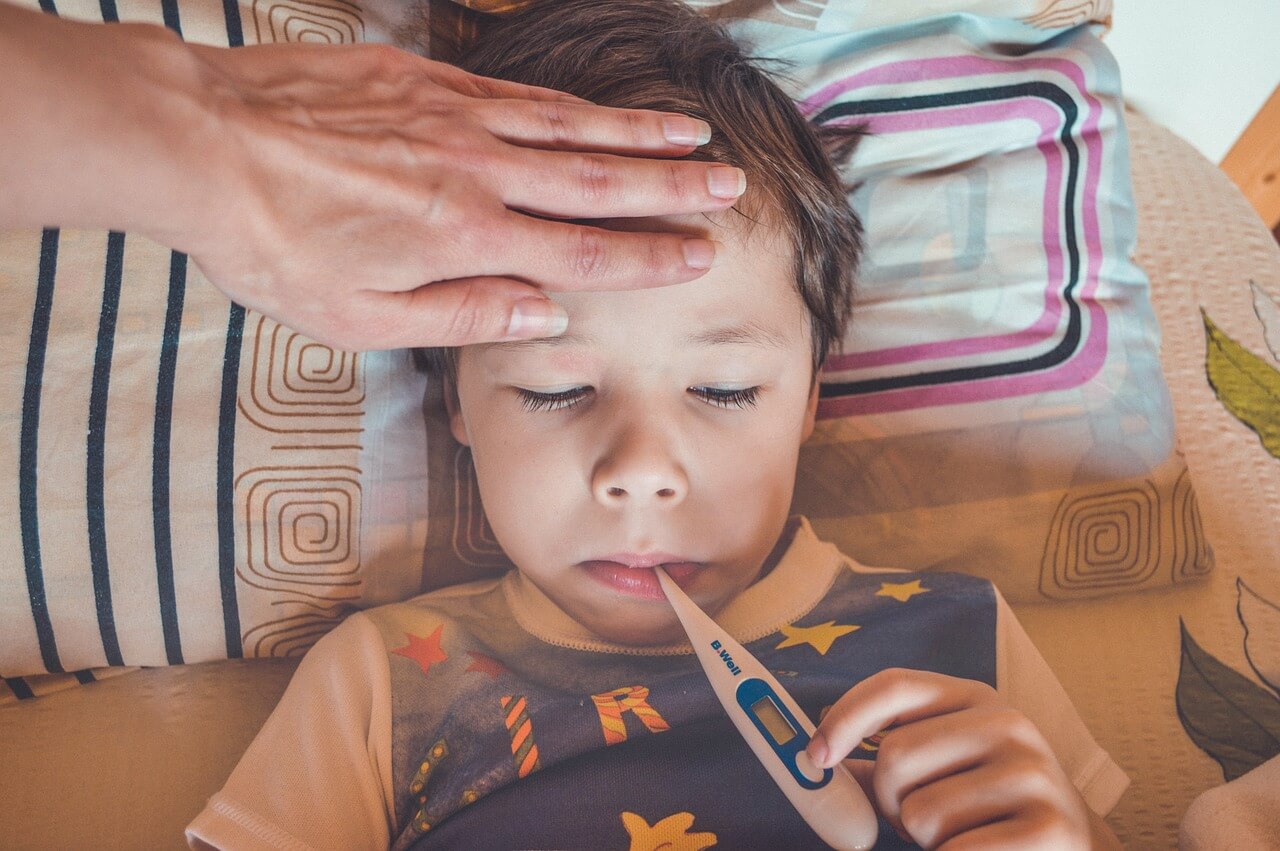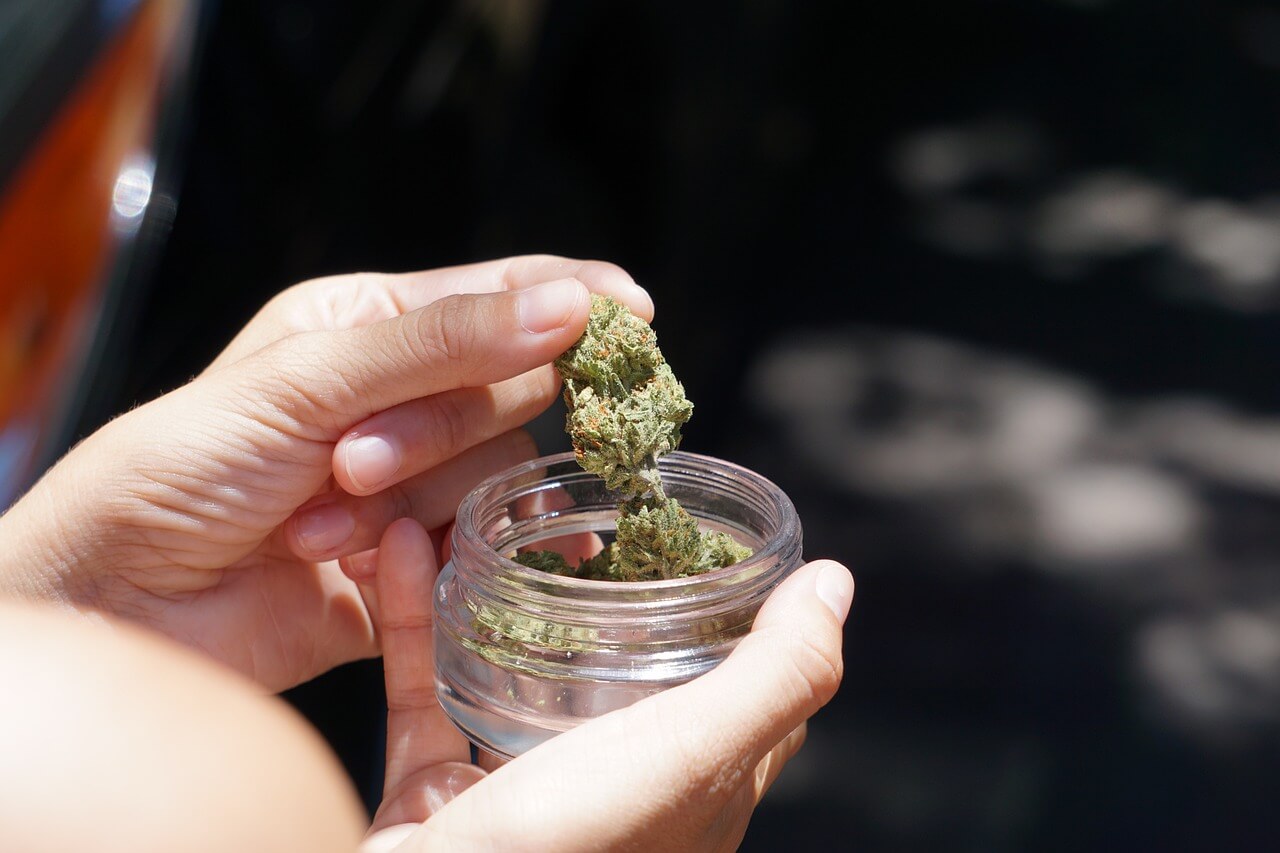Introduction
A. Definition of Baby 101 Fever
When it comes to babies, every elevation in body temperature can be alarming for parents. Baby 101 fever refers to the condition where a baby’s body temperature rises above the average normal of 98.6°F (37°C) and reaches 101°F (38.3°C) or above [1].
B. Brief on the importance of understanding Baby 101 Fever
Understanding baby 101 fever is crucial for any caregiver. Fever is a common symptom in babies and can often be a sign that the body is fighting an infection. By being knowledgeable about this condition, caregivers can respond effectively and ensure the safety and well-being of the child. Furthermore, recognizing when a baby’s fever is potentially dangerous can prevent serious complications and provide timely medical intervention [2].
Understanding Fever in Babies
A. Normal Body Temperature for Babies
A baby’s normal body temperature ranges between 97°F (36.1°C) and 100.4°F (38°C) when measured rectally. Temperature measurements can vary slightly depending on the method used, such as under the arm (axillary), in the mouth (oral), or in the ear (tympanic) [3]. It’s essential for caregivers to have a reliable digital thermometer and to be familiar with the normal range of their baby’s body temperature. This knowledge helps identify any abnormal increase, like a 101 fever, promptly.
B. Explanation of Baby 101 Fever
Baby 101 fever is not a disease in itself, but a symptom. It signals that the baby’s immune system is responding to some form of bodily disturbance, commonly an infection. This response is a protective mechanism in which the body creates an environment less hospitable for the disease-causing bacteria or viruses, thereby aiding in their destruction. When the baby’s temperature reaches 101°F or above, it’s often a sign that the body is actively fighting off a more serious infection [4].
Causes of Fever in Babies
A. Common Causes
Several factors can cause a baby to develop a fever. The most common reason is infection, either bacterial or viral. Examples include the common cold, ear infections, pneumonia, and urinary tract infections. Occasionally, more serious infections like meningitis or sepsis can also cause a baby to develop a 101 fever. Besides infections, immunizations can sometimes cause a temporary increase in a baby’s body temperature as the immune system responds to the vaccine.
B. Link Between Fever and the Immune System
Fever is fundamentally an immune response. It is the body’s natural defense mechanism against infection. When the immune system detects a potential threat, such as bacteria or viruses, it releases chemicals called pyrogens. These pyrogens act on the hypothalamus, the brain’s temperature control center, causing the body temperature to rise. This elevated body temperature aids in speeding up cellular functions and inhibiting the growth and spread of the invading organisms, thus helping the body to combat the infection more effectively.
Detecting Baby 101 Fever
A. Importance of a Digital Thermometer
Detecting a fever in a baby often involves the use of a digital thermometer, which provides an accurate reading of the baby’s body temperature. The accuracy of temperature measurement is critical in determining whether the baby has a fever and if so, how severe it is. A quality digital thermometer is a valuable tool for caregivers, especially when monitoring conditions like a 101 fever, where precision is key.
B. Proper Ways of Checking a Baby’s Temperature
The most accurate way to check a baby’s temperature is rectally using a digital thermometer. However, for comfort and ease, other methods such as axillary (under the arm) and tympanic (ear) can be used, bearing in mind they may not be as precise. It’s advisable to wait at least 30 minutes after the baby has eaten or has been physically active before taking their temperature to get a reliable reading. Additionally, instructions provided with the thermometer should be followed carefully to ensure accurate measurements [5].
When to Worry About Baby 101 Fever
A. Warning Signs Requiring a Call to the Doctor
While a fever often indicates that the baby’s body is fighting an infection, certain signs should prompt a call to the doctor. These signs include a baby who is lethargic, unusually fussy, has a rash, is refusing to eat, or has trouble breathing. Furthermore, if the baby’s fever persists for more than 24 hours, or if the fever is accompanied by other symptoms such as vomiting, diarrhea, or a stiff neck, a healthcare professional should be consulted immediately [6].
B. Situations Requiring a 911 Call or Visit to the Emergency Room
Emergency medical attention is required if a baby has a fever and exhibits signs of severe illness, such as difficulty waking up, constant crying, or seizures. In addition, a fever in a newborn under 3 months old warrants immediate medical attention. If the baby’s skin becomes bluish or the baby is having difficulty breathing, call 911 or go directly to the emergency room. These signs may indicate a more severe condition that requires immediate treatment [7].
Managing Baby 101 Fever at Home
A. Importance of Keeping Baby Hydrated with Plenty of Fluids
When a baby has a fever, ensuring they stay well-hydrated is essential. Fever can increase fluid loss, so providing the baby with plenty of fluids can prevent dehydration. For breastfed infants, this means increasing the frequency of nursing sessions. Bottle-fed infants and older babies can be given additional water or an oral rehydration solution, as recommended by a healthcare professional [8].
B. Monitoring for Sufficient Wet Diapers to Prevent Dehydration
Monitoring the frequency of a baby’s wet diapers can provide a helpful indication of their hydration status. A decrease in wet diapers may be a sign of dehydration, a condition that can occur if a baby loses more fluids due to fever than they take in. Typically, a well-hydrated baby should have at least six wet diapers in a 24-hour period. If fewer wet diapers are observed or if the baby shows signs of dehydration like a dry mouth, sunken eyes, or decreased activity, a healthcare professional should be consulted.
Professional Healthcare and Baby 101 Fever
A. Special Considerations for Fever in a Newborn
Fever in a newborn, especially those less than three months old, is particularly concerning. At this age, fever can be the only sign of a serious infection, as newborns may not show other signs such as coughing or fussiness. It’s recommended to seek immediate medical care if a baby under three months old has a temperature of 100.4°F (38°C) or higher. Newborns have an immature immune system, which makes them more susceptible to serious infections like meningitis or bloodstream infections [9].
B. Role of the Doctor in Managing Baby 101 Fever
The role of the doctor is crucial in managing baby 101 fever. They can accurately diagnose the underlying cause of the fever, prescribe appropriate medications (if needed), and provide guidance on how to care for the baby at home. The doctor may suggest over-the-counter medications like acetaminophen to reduce the baby’s fever, but it’s essential that these are administered in the correct dosage as per the doctor’s instructions. The doctor will also guide parents or caregivers on signs that indicate the need for immediate medical attention [10].
Conclusion
A. Recap of the Importance of Understanding Baby 101 Fever
Understanding baby 101 fever is crucial for parents and caregivers. It’s vital to know what a normal body temperature range is for a baby and how to correctly measure it using a reliable digital thermometer. Recognizing that fever is an indication of the body’s immune response to an infection and not a disease in itself, can also provide reassurance. Being aware of the common causes of fever and the importance of maintaining hydration can help in effective home management of the condition.
B. Closing Thoughts
While fever in babies can be a source of concern, knowledge is the best tool to approach the situation calmly and effectively. Caregivers should remember to consult a healthcare professional if the baby’s symptoms persist or worsen, or if the baby is under three months old. Ultimately, understanding baby 101 fever allows parents and caregivers to provide the best care for their little ones, ensuring their health and well-being.










